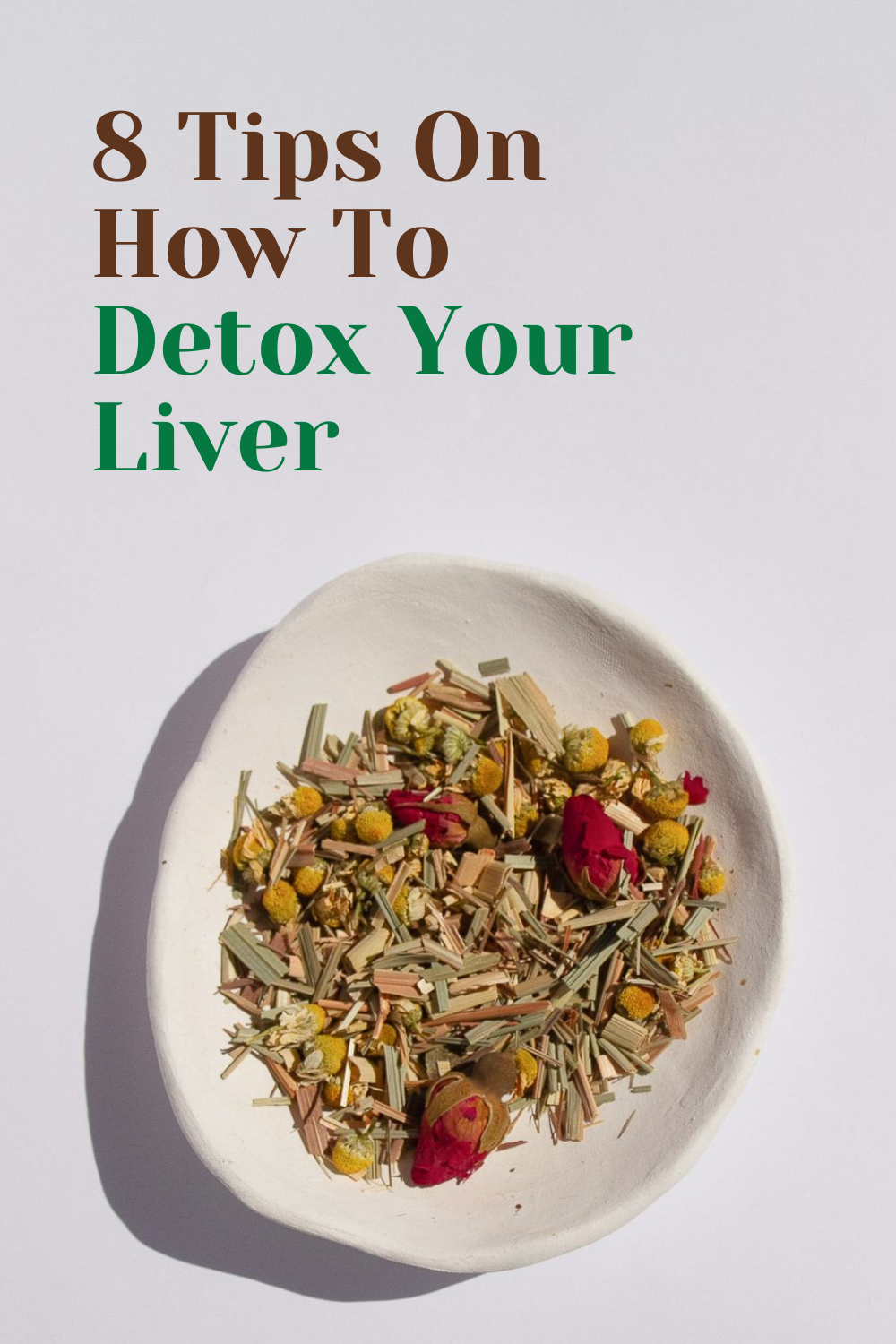How do I stop feeling bloated?

Written by our wonderfully talented Nutritionist, Rachel Kay.
Understanding Bloating: Causes and Prevention
Bloating can be both uncomfortable and embarrassing, but it's important to understand that it's often a signal from your body that something is out of balance. Here are some common causes of bloating and practical steps to prevent and manage it.
Common Causes of Bloating
- Stress: When we're stressed, our body's 'fight or flight' response can impact gut motility and reduce the production of digestive enzymes, leading to bloating.
- Candida Overgrowth: This yeast can flourish in the gut when the immune system is weakened, disrupting the normal digestive process.
- Dehydration: Inadequate water intake can result in harder stools and constipation, contributing to bloating.
- Hormonal Fluctuations: For women, changes in hormone levels can affect digestion and cause water retention, leading to bloating.
- Parasites: These can alter digestive functions and are often overlooked as a cause of bloating.
- Sugar Alcohols: These substances, commonly found in sugar-free products, can be difficult to digest and often lead to bloating.
- Food Intolerances: Dairy, wheat, and certain vegetables like onions and garlic can cause discomfort if your body struggles to digest them.
- Gut Bacteria Imbalance: Conditions such as SIBO can cause bloating due to an excess of bacteria in the small intestine.
- Inadequate Chewing: Eating too quickly and not chewing food thoroughly can result in larger pieces of food entering the digestive system and potentially causing gas and bloating.
- Overeating: Eating larger portions than necessary can overwhelm the stomach and lead to bloating.
- Insufficient Stomach Acid: Low levels of stomach acid can impede digestion, causing undigested food to ferment in the gut.
Tips to Prevent Bloating
- Mindful Eating: Take time to eat slowly and chew your food thoroughly to aid digestion.
- Stay Hydrated: Drink plenty of water throughout the day to help maintain a healthy digestive system.
- Manage Stress: Engage in stress-reducing activities such as yoga, meditation, gentle exercise, or sipping on a cup of Calm or Sleep tea.
- Monitor Your Diet: Keep a food diary to identify and eliminate foods that trigger bloating.
- Promote Gut Health: Include probiotic-rich foods or supplements to support a healthy gut microbiome.
- Herbal Teas: Incorporate herbal teas with ingredients like ginger, peppermint, nettle, cinnamon, and rooibos which can aid digestion and reduce inflammation. Having a cup of Morning Lift half an hour before breakfast can help to stimulate stomach acid and prime the gut for digestion. Consuming Sleep tea after dinner supports digestion and promotes a deeper sleep.
- Regular Exercise: Regular physical activity can help stimulate intestinal transit and reduce bloating.
- Avoid Sugar Alcohols: Avoid sugar-free products that contain sugar alcohols.
- Eat Hormone-Supportive Foods: Include foods that naturally balance hormones, such as flaxseeds and cruciferous vegetables. The PMS Support + Hormonal Balance can also help here.
While occasional bloating can be normal, persistent bloating should not be ignored. By understanding the causes and taking proactive steps to manage your diet and lifestyle, you can significantly reduce the frequency and severity of bloating. Remember that every individual is different, and what works for one person may not work for another. It's all about finding the balance that works for your body.
Please note: PMS Support + Hormonal Balance Tea is not suitable to drink during pregnancy or breastfeeding.





Comments